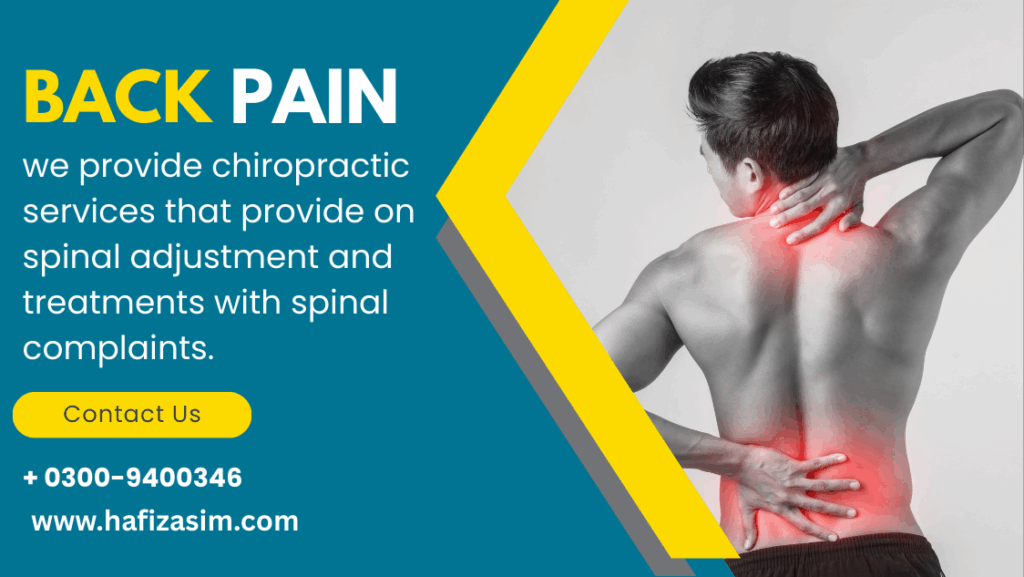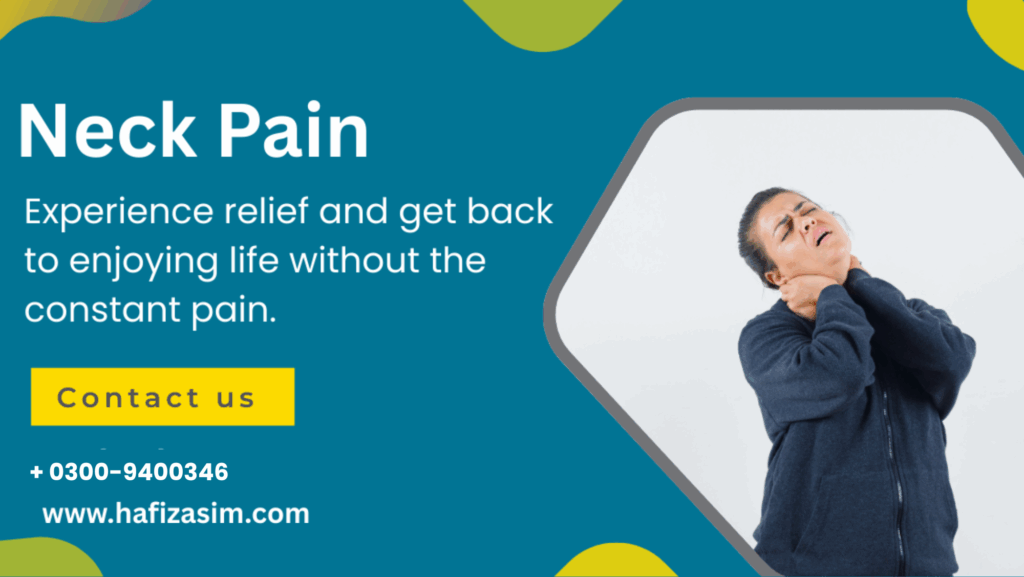Introduction
Running is one of the best ways to stay fit, but it also comes with the risk of injuries. Whether you’re a beginner or an experienced runner, injuries can slow you down and impact your performance. Understanding the common causes, treatments, and prevention strategies can help you stay on track.
In this post, we’ll explore the most common running injuries, how to treat them, and ways to prevent them from happening in the first place.
Common Running Injuries and Their Causes
1. Runner’s Knee (Patellofemoral Pain Syndrome)
- Symptoms: Pain around or behind the kneecap, worsened by running or stairs.
- Causes: Overuse, weak quadriceps, improper running form, or misalignment of the kneecap.
2. Shin Splints (Medial Tibial Stress Syndrome)
- Symptoms: Sharp pain along the front or inside of the shin.
- Causes: Sudden increase in mileage, running on hard surfaces, improper footwear.
3. Achilles Tendinitis
- Symptoms: Pain and stiffness in the Achilles tendon, especially in the morning or after running.
- Causes: Overuse, tight calf muscles, improper footwear, or sudden increase in intensity.
4. Plantar Fasciitis
- Symptoms: Heel pain, especially in the morning or after long periods of standing.
- Causes: Overpronation, high arches, tight calf muscles, or worn-out shoes.
5. IT Band Syndrome (Iliotibial Band Syndrome)
- Symptoms: Pain on the outside of the knee, worsened by running downhill or long distances.
- Causes: Weak hip muscles, overuse, improper running technique.
6. Stress Fractures
- Symptoms: Localized pain in the foot, shin, or hip, increasing with activity.
- Causes: Overtraining, insufficient rest, poor nutrition, running on hard surfaces.
7. Hamstring Strain
- Symptoms: Sharp pain in the back of the thigh, difficulty bending the knee.
- Causes: Lack of flexibility, weak hamstrings, sudden acceleration while running.
Effective Treatments for Running Injuries
1. Rest and Recovery
- Reduce running mileage or stop running completely until pain subsides.
- Avoid high-impact activities and switch to low-impact exercises like swimming or cycling.
2. Ice and Heat Therapy
- Apply ice packs for 15-20 minutes to reduce inflammation.
- Use heat therapy after a few days to relax tight muscles.
3. Physical Therapy and Stretching
- Targeted exercises help strengthen muscles and improve flexibility.
- Foam rolling can release muscle tension and prevent stiffness.
4. Supportive Footwear and Orthotics
- Choose running shoes that provide proper support based on your foot type.
- Consider custom orthotics if you have flat feet or high arches.
5. Anti-Inflammatory Medications
- NSAIDs like ibuprofen can help manage pain and swelling.
- Use medication only as needed and under medical supervision.
6. Strength Training and Cross-Training
- Strengthening hip, core, and leg muscles reduces injury risk.
- Alternate running with swimming, cycling, or elliptical workouts.
7. Proper Running Form and Technique
- Maintain an upright posture and avoid overstriding.
- Land with a midfoot strike instead of heel-striking.
How to Prevent Running Injuries
1. Warm Up and Cool Down
- Always start with dynamic stretches and a slow jog before running.
- Cool down with static stretching to improve flexibility.
2. Increase Mileage Gradually
- Follow the 10% rule: Don’t increase mileage by more than 10% per week.
- Avoid sudden changes in intensity or distance.
3. Strengthen Your Core and Legs
- A strong core improves stability and prevents injuries.
- Include squats, lunges, and resistance training in your routine.
4. Listen to Your Body
- Don’t ignore pain; stop running and seek treatment if discomfort persists.
- Rest adequately to allow muscles to recover.
5. Run on the Right Surfaces
- Avoid excessive running on hard concrete surfaces.
- Opt for softer surfaces like grass, trails, or rubberized tracks.
6. Use Proper Running Gear
- Replace running shoes every 300-500 miles.
- Choose moisture-wicking clothing to prevent chafing.
How IMC Rehab Services Can Help
At IMC Rehab Services, we specialize in treating and preventing running injuries. Our expert physical therapists create personalized recovery plans to help runners regain strength and mobility.
Don’t let an injury keep you off the track! Schedule a consultation today to get expert care and start running pain-free.


